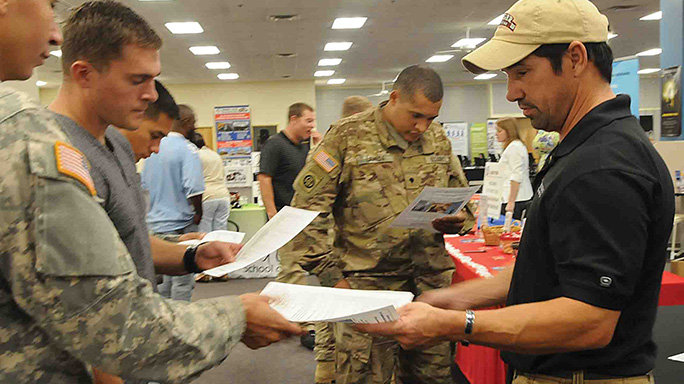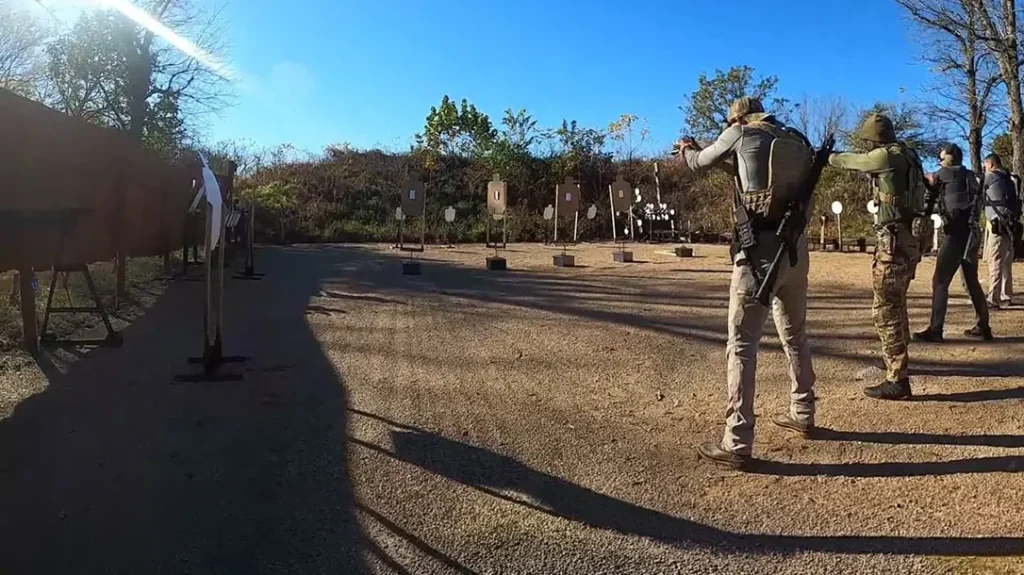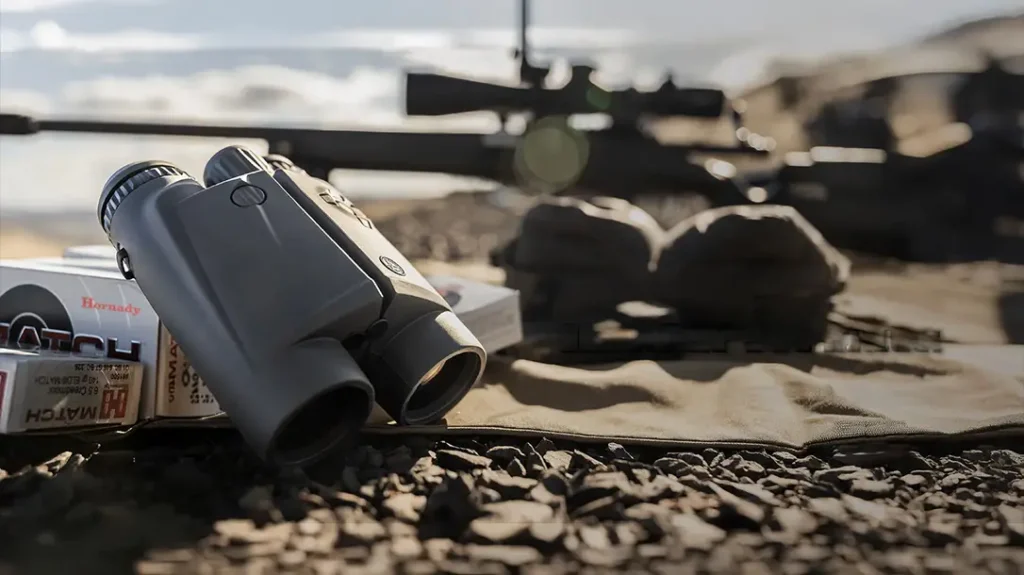The following is a release from Anna Pedron and the U.S. Army:
One of the top priorities of Fort Benning’s leadership is providing Soldiers with opportunities to prepare for life after the military, said Kevin Aker, transition services specialist at Fort Benning’s Soldier for Life Center.
- RELATED STORY: Sgt. Maj. Daniel Dailey Addresses Upcoming Army Cuts
“Transition is an ongoing process from the moment you take your oath,” Aker said. “Whether you are in for three or 30 years, eventually you will have to transition out, and most people will still need or want to work after they leave.”
Advertisement — Continue Reading Below
The Fort Benning Soldier for Life Center’s mission is to successfully transition soldiers. The center offers many programs to make sure soldiers and their families are prepared for their next step in life.
“We are very focused on what we do here,” Aker said. “Our top priority is helping soldiers in transition and making that transition as seamless for them as possible.”
Aker said that for many soldiers, transitioning out of the Army is one of the hardest things they do in their career, and that providing opportunities like job fairs and classes dealing with resumes and interviews can make a huge difference in the confidence with which a soldier enters the civilian world.
Advertisement — Continue Reading Below
“We try to let them know that we will do whatever we can to help to make the change as easy as possible on the soldier and their family,” Aker said.
One of the big initiatives that the center has put into place is hosting hiring fairs every weekday from 10-11 a.m. At these fairs, they invite businesses and schools to come to Fort Benning and speak with transitioning soldiers, and read over their resumes.
“We allow the different businesses to come here for free, with the one stipulation being that they have to have job openings and be prepared to hire if the right candidates present themselves,” Aker said. “We recommend that the Soldiers come out on Wednesdays or Thursdays to speak with different representatives.”
Advertisement — Continue Reading Below
Aker said that there are different representatives daily, and they measure the success of the fairs by how many people get hired or interviewed.
“When we host an event we might not have 1,000 people, but if we have 10 and all of them get hired, then we’re doing well,” he said. “We focus on the right candidates and not just overall numbers.”
























